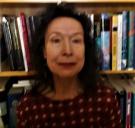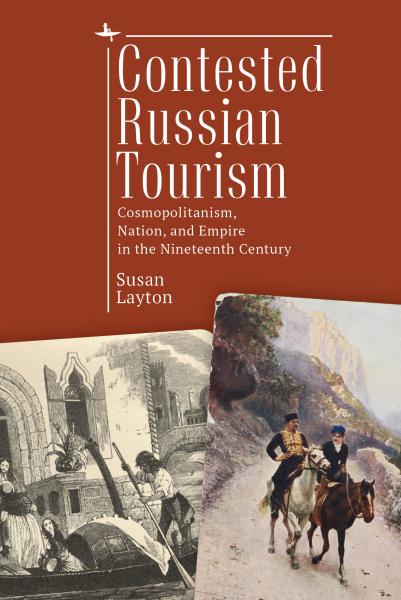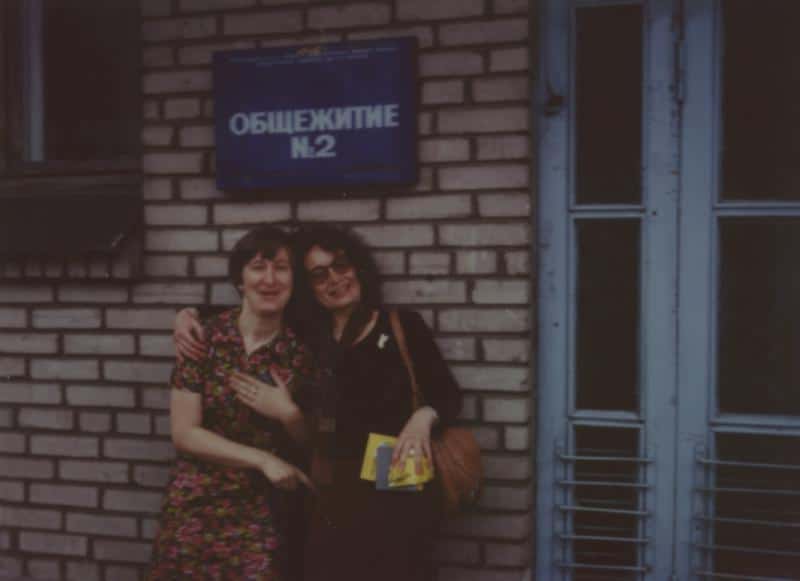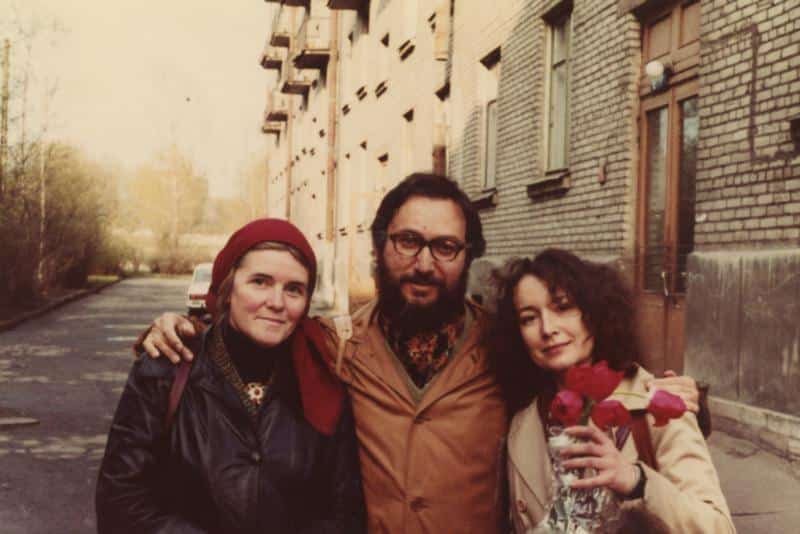
Susan Layton
Research Associate, Centre d’études des mondes russe, caucasien et centre-européen (CERCEC)
When did you first develop an interest in Slavic, East European, and Eurasian Studies?
My love of Russian literature began with Dostoevsky’s Crime and Punishment in a world literature course in high school in Indianapolis. The desire to read works in the original led me to take Russian as an undergraduate at Indiana University. I then completed an interdisciplinary M.A. program in Russian and East European Studies at Yale and went on to obtain a Ph.D. from the Slavic Department in 1972. During the M.A. phase, I participated in a study trip to the Soviet Union. The itinerary included Piatigorsk, Sochi, and other towns in the Caucasus, a region that made a big impression on me, an Indiana native who had never seen a mountain. My teaching career in the US was spent mainly at Tulane University and ended with a stimulating position as a Mellon Fellow at Columbia University’s Heyman Center for the Humanities in 1981-83. Shortly afterwards, I turned down a job offer in the US to move to Paris to marry Jacques Melitz, an economist, and for many years now I have been a research associate of CERCEC.
What is your current research project?

What support have you received throughout your career that has allowed you to advance your scholarship?
During my career, I have had the good fortune to receive grants from the American Philosophical Society, the Kennan Institute, and IREX, including a 10-month research sojourn in Leningrad in 1979-80. Most recently, in February 2020, I benefited from participation in the Open Research Laboratory at the University of Illinois at Urbana-Champaign. That award allowed me to supplement research for the tourism book, and it came just in time to permit the transatlantic journey before Covid struck. Since moving to Europe, I have attended few conferences overseas but continue to find my ASEEES membership indispensable not only for Slavic Review but also NewsNet and other postings that keep me in touch with the American scene.
Besides your professional work, what other interests and hobbies do you enjoy?
I enjoy reading, walking and jogging in the nearby Bois de Boulogne, listening to music, playing the piano, going to art museums, and traveling, especially in France and Italy.

